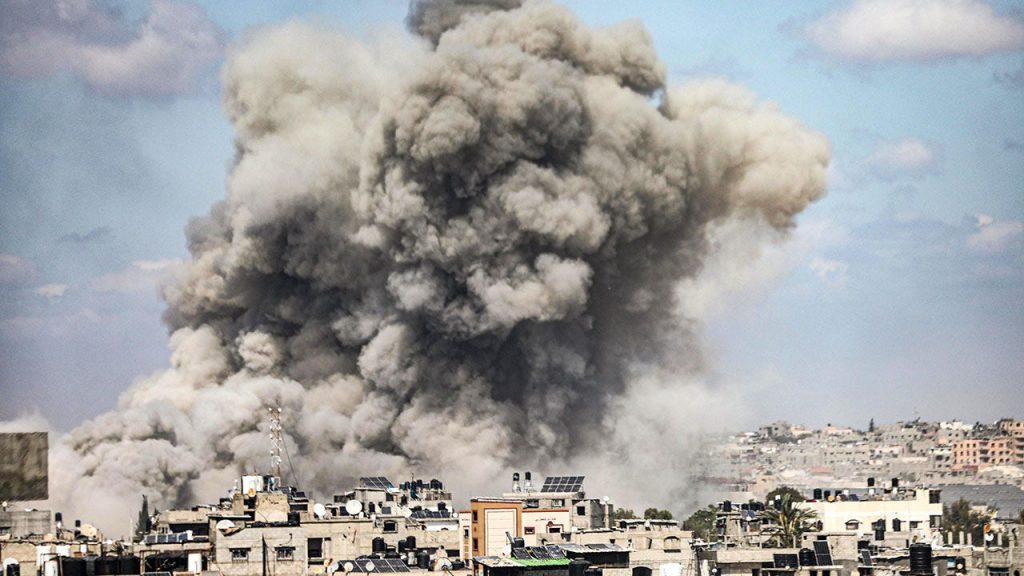Experts have challenged dire warnings from the United Nations, the U.S., EU, and aid organizations about mass starvation and famine in northern Gaza, claiming that recent increases in food availability have been overlooked. The Integrated Food Security Phase Classification (IPC) Famine Review Committee (FRC) initially predicted imminent famine in northern Gaza unless there was a ceasefire and increased humanitarian and commercial access. However, Secretary of State Antony Blinken supported the claim, stating that 100% of the Gaza population faced acute food insecurity. Famine Early Warning Systems Network (FEWS NET) reported that famine thresholds may have been met in northern Gaza.
After FEWS NET’s report, the FRC contradicted the findings, stating that they were not plausible. They pointed out that commercial food deliveries were not taken into account in FEWS NET’s estimates, leading to significant differences in their assessments. The IPC and FEWS NET have been questioned about the disparities in their reports, with FEWS NET emphasizing the importance of access to available food in evaluating food insecurity. Despite differences in assessments, there seems to be an improvement in food availability in northern Gaza, although hunger persists, indicating a need for continued humanitarian assistance.
While concerns about impending famine in Gaza persist, the Foundation for Defense of Democracies and other experts point out the stark differences in assessments and potential for politicization. Israeli efforts to facilitate food deliveries have been acknowledged, raising questions about the International Criminal Court’s charges against key Israeli officials for allegedly planning to use starvation as a method of war. The ICC has not indicated whether they would change their assessment based on the FRC’s findings. Other institutions, including the Food and Agriculture Organization (FAO) of the United Nations, continue to warn of severe food insecurity in Gaza.
The State Department expressed concern about the rapid onset of food insecurity affecting over 2 million people in Gaza, emphasizing the need for early action to prevent a humanitarian crisis. Increased aid entering Gaza has been hampered by cigarette smuggling, leading to delays in aid distribution. The U.N. has struggled to collect aid trucks due to attacks on convoys carrying cigarettes. Despite improvements in food availability, there is a call for diversifying assistance to address other essential needs like healthcare and sanitation to prevent famine in Gaza.
Research by public health officials in Israel suggests that aid entering Gaza could meet the nutritional needs of the population and prevent famine. As debates continue about the severity of food insecurity in Gaza and Israel’s efforts to provide aid, there is a need for coordinated action to address the humanitarian crisis and prevent mass starvation and famine among civilians in the region.


